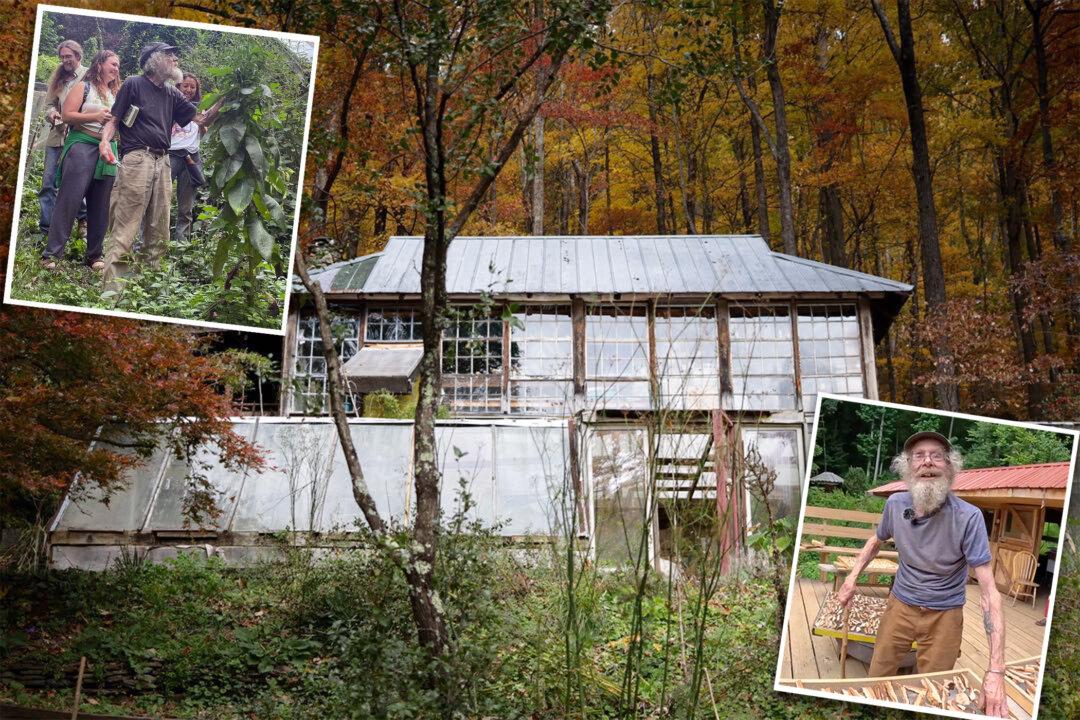Disclaimer: This article was published in 2023. Some information may no longer be current.
An 80-year-old man who lived off-grid in the Southern Appalachian Mountains for 50 years had mastered the art of living and thriving in harmony with nature; a self-sufficient life that taught him the value of community.





